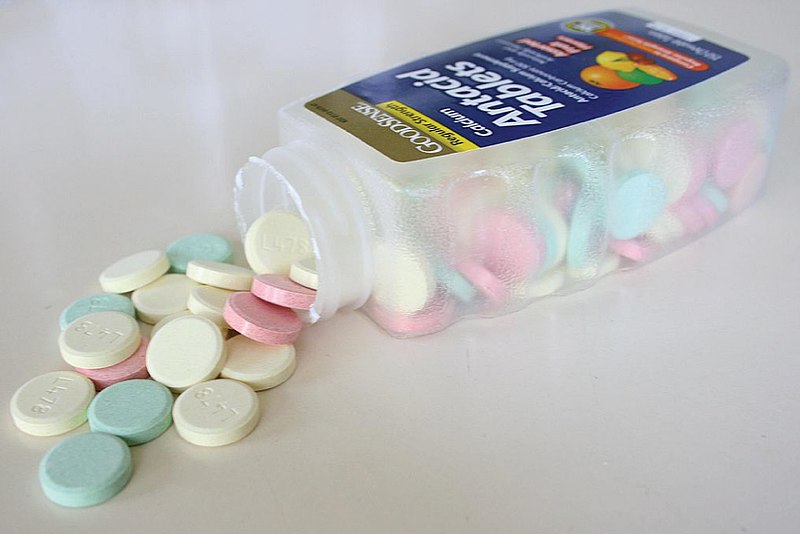Physical Wellness
Why First Duchenne Muscular Dystrophy Drug Failed FDA Requirements
Duchenne Muscular Dystrophy is a serious case that plagues about 9,000 to 12,000 Americans (mostly boys) and a potential drug called eteplirsen could be the answer many have been waiting for.
Unfortunately, the said drug has failed to gain the proper approval from the Food and Drug Administration due to a technicality which is the lack of participants in the study to prove that the drug is really the godsend to help out boys suffering from the said disease.
For those who are unaware, Duchenne muscular dystrophy is something that is tied up with muscle degeneration which could eventually lead to premature death. It is a disorder caused by mutation of the gene dystrophin.
Dystrophin is a protein that is likened to a shock absorber to protect the muscles from deterioration, something that explains why people suffering from it end up in wheelchairs by the time they are teenagers. People affected by it die in their late 20s.
With regards to the FDS approval, the company behind it (Sarepta) may have to do more than present just 12 participants. The reason alleged behind having only 12 boys was because Sarepta was not able to manufacture more of the drug when it started.
Despite that fact, anxious people who have been longing for a cure to Duchenne muscular dystrophy believe that the failure to approve eteplirsen will not hinder their call for it to be made available. Some strongly believe that this is the answer to their burden, emphasizing that it is something that may be depriving folks of a solution which could eventually be ‘the solution’.
Austin LeClaire, a teenager who has been confined to a wheelchair but has managed to raise his arm above his head believes that the drug really works.
“I’m not only not getting worse, I’m getting better,” said Austin via the NY Times. “It’s time to listen to the real experts,” he said.
Eteplirsen makes use of a technology called exon skipping, something that eventually corrects (partially) the genetic defect. Should the drug be approved, only 13 percent of Duchenne patients stand to benefit as other exon-skipping drugs are being developed for patients with different mutations.
If it is as good as patients claim, Sarepta will need to back it up with a larger study. This is despite the reluctance of the company, citing that it would be unethical and impractical should early hints of effectiveness result in parents no longer enrolling their sons in a trial where they might not get the drug.
Though patients have been pushing for it to be approved as well as the lack of testimonies, there is fear that the drug could offer false hopes to patients while also crossing the line of removing an incentive for drug companies to develop better products.









Join the Conversation